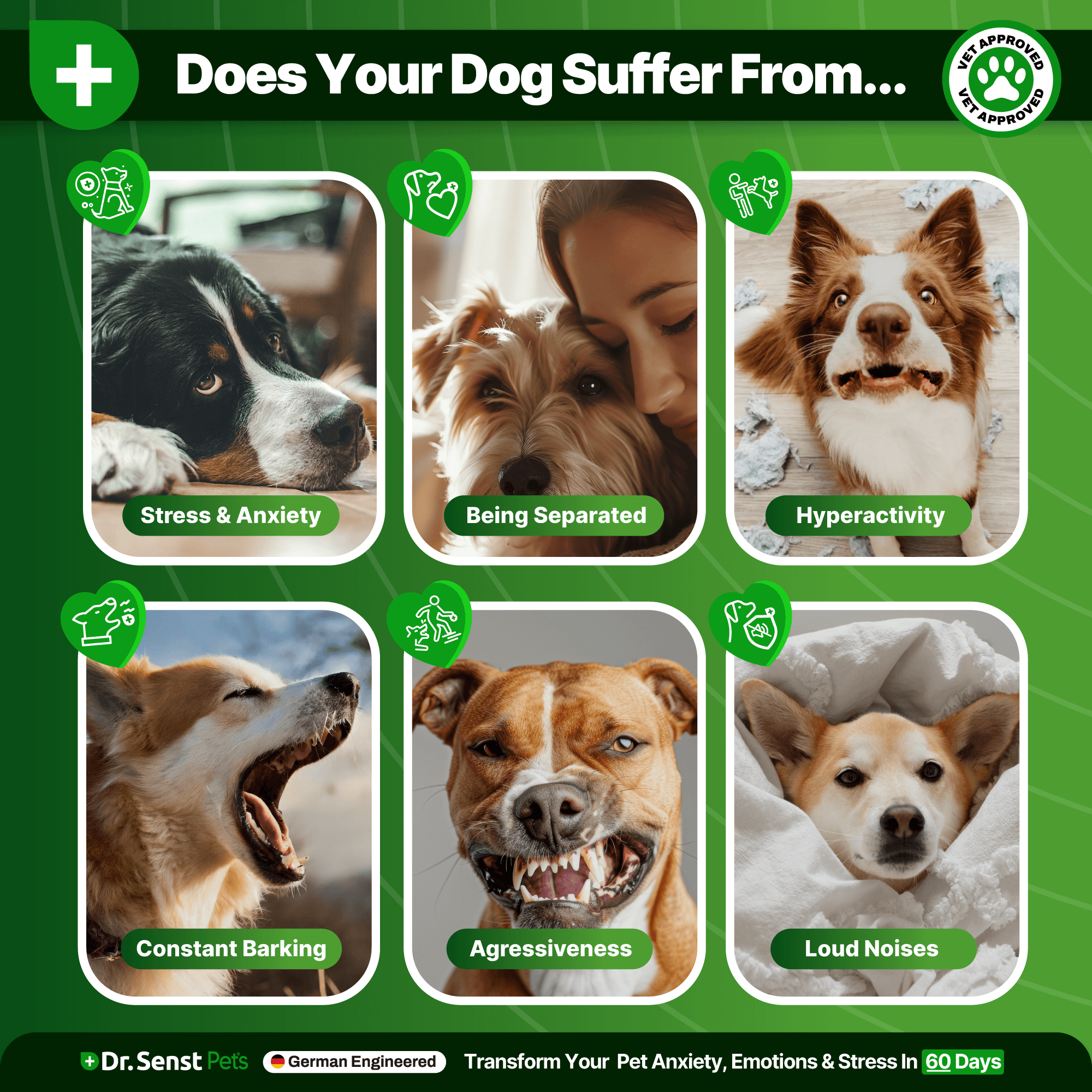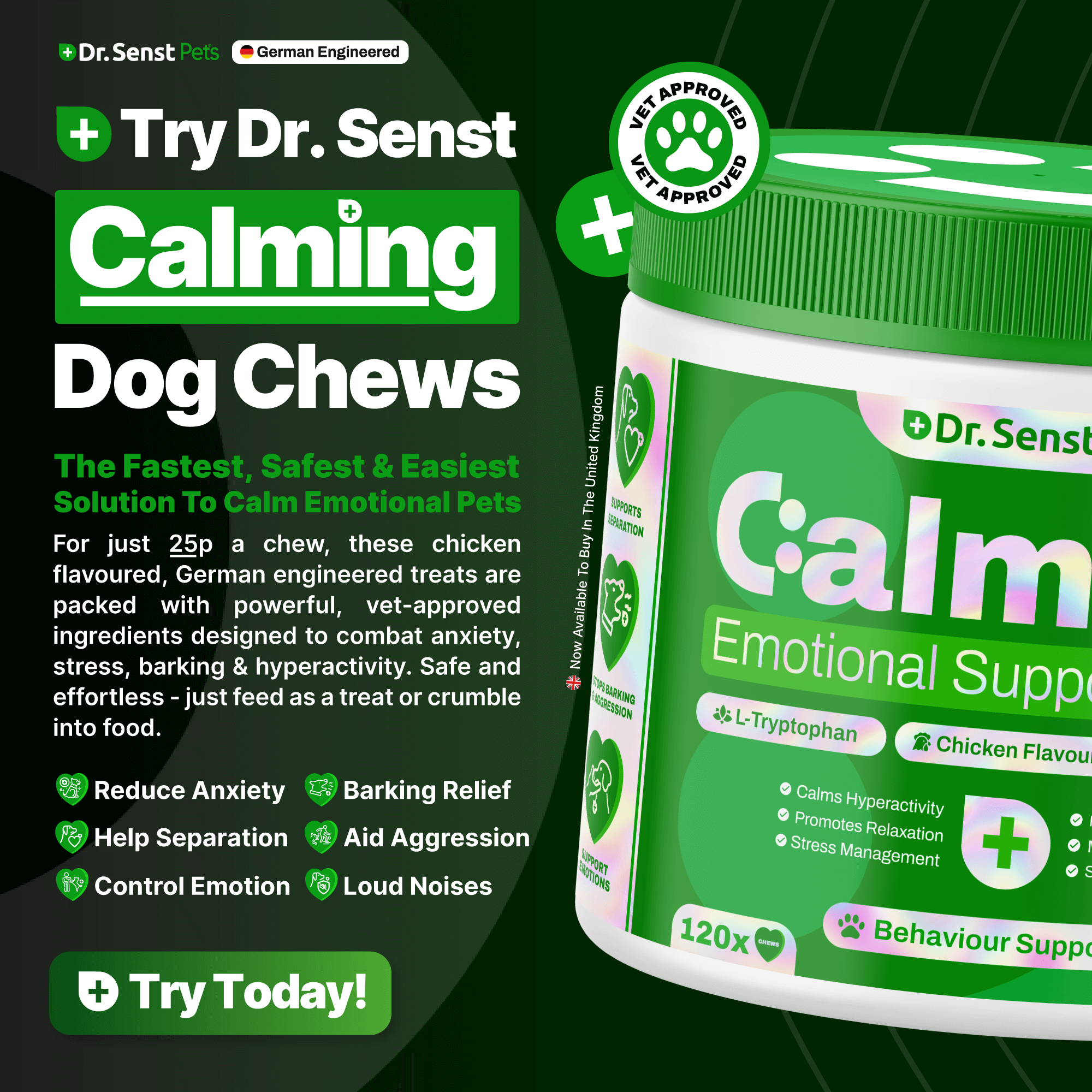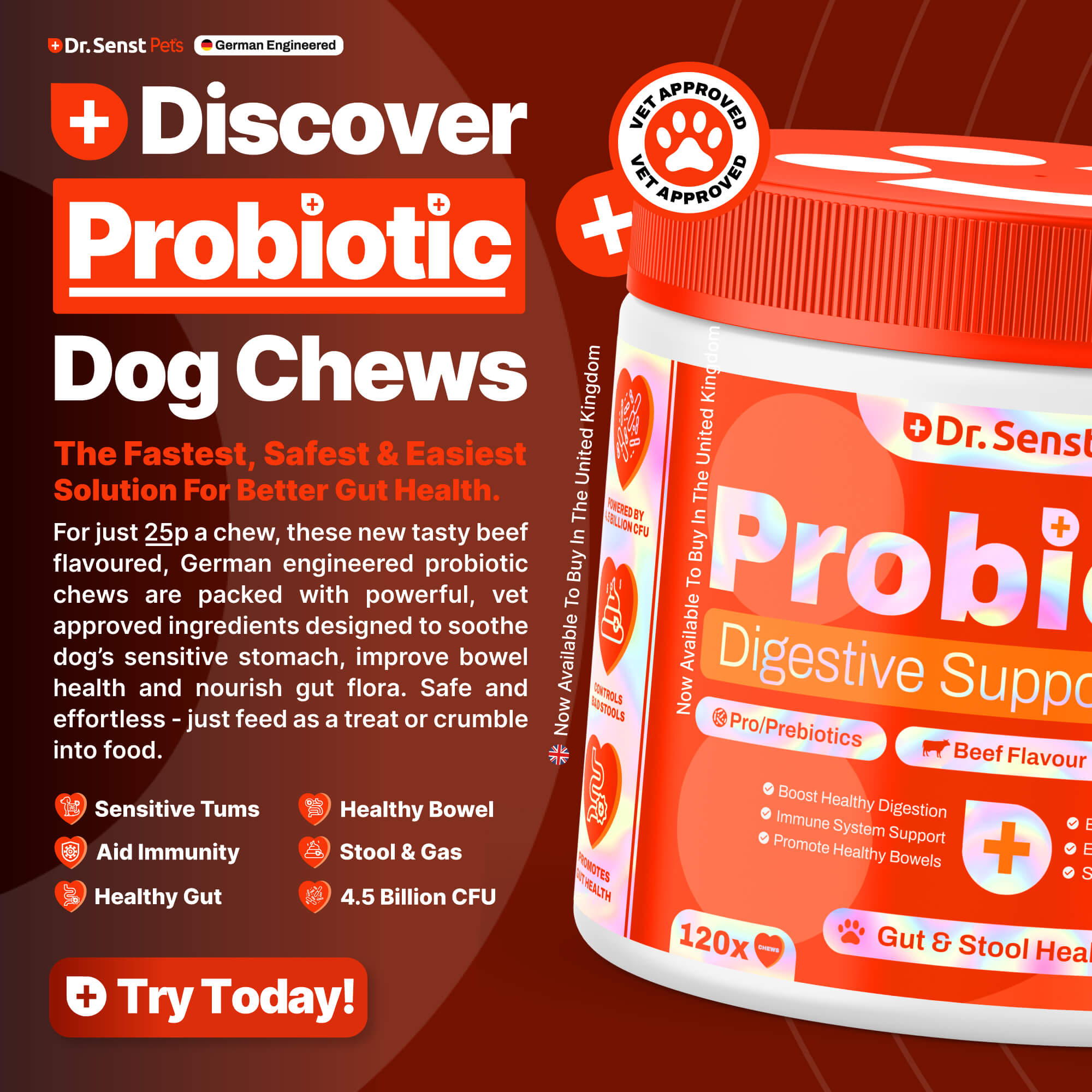The Role of Omega-3 Fatty Acids in Dog Skin Health
Introduction: Understanding the Importance of Dog Skin Health
Dog skin health is one of the most important factors in maintaining your pet’s overall well-being. Healthy skin and coat are not just about appearance; they are indicators of your dog’s internal health, protecting them from infections, allergies, and other irritants. Many pet owners focus on grooming or topical treatments for their dog’s skin issues, but nutrition plays a pivotal role in promoting long-term skin health.
Omega-3 fatty acids are essential nutrients that significantly impact your dog’s skin and coat. These healthy fats help reduce inflammation, alleviate itching, and improve the skin’s barrier function. This article will explore the role of Omega-3 fatty acids in dog skin health, how they benefit your dog, and the best ways to incorporate them into your pet’s diet.
What Are Omega-3 Fatty Acids?
Omega-3 fatty acids are polyunsaturated fats that are essential for both humans and animals. Since dogs cannot produce these fatty acids naturally, they must be obtained through their diet. Omega-3s are primarily found in fish oils, such as salmon oil, and plant sources like flaxseed. These fatty acids are known for their anti-inflammatory properties, which make them beneficial in managing skin conditions and maintaining overall skin health.
There are three main types of Omega-3 fatty acids relevant to dog health:
- Eicosapentaenoic acid (EPA)
- Docosahexaenoic acid (DHA)
- Alpha-linolenic acid (ALA)
EPA and DHA are primarily found in marine sources, while ALA comes from plant-based oils. While ALA can convert into EPA and DHA, it’s not as efficient, making fish oils the preferred source of Omega-3s for dogs.
How Omega-3 Fatty Acids Improve Dog Skin Health
1. Reduces Inflammation
One of the primary benefits of Omega-3 fatty acids is their ability to reduce inflammation. Inflammation can manifest as skin irritation, allergies, or chronic conditions like dermatitis. Omega-3s work by inhibiting the production of inflammatory compounds called eicosanoids, which can reduce redness, itching, and swelling in the skin.
According to the British Veterinary Association (BVA), inflammation is a major cause of skin issues in dogs, and addressing it through diet can lead to significant improvements in skin health.
2. Promotes a Shiny, Healthy Coat
Omega-3 fatty acids improve the lipid barrier of your dog’s skin, which helps lock in moisture and protect the skin from irritants. This hydration is key to preventing dry, flaky skin and maintaining a glossy, healthy coat. Regular intake of Omega-3s can result in noticeable improvements in coat shine and texture within weeks.
3. Alleviates Itching and Allergies
Dogs suffering from environmental or food allergies often exhibit symptoms like excessive scratching, licking, and hot spots. Omega-3s have been shown to reduce the severity of allergic reactions by calming the immune system’s response. This can help your dog find relief from itching and improve their quality of life.
A study by PDSA reported that 1 in 5 dogs in the UK suffers from some form of allergy, with skin irritation being one of the most common symptoms. Supplementing with Omega-3s is an effective strategy for managing these allergic reactions.
4. Supports Wound Healing
Omega-3 fatty acids aid in wound healing by reducing inflammation and promoting the regeneration of skin cells. Whether your dog has experienced a minor injury or suffers from chronic skin conditions, Omega-3s can help speed up recovery by supporting the skin’s natural healing process.
The Benefits of Omega-3 for Dogs with Skin Conditions
If your dog has recurring skin problems, Omega-3 fatty acids can make a significant difference in managing their symptoms and improving skin health. Here are some common skin conditions in dogs that can benefit from Omega-3 supplementation:
-
Atopic Dermatitis: A chronic skin condition caused by allergens that leads to inflamed, itchy skin.
-
Flea Allergy Dermatitis: An allergic reaction to flea bites that results in skin irritation and hair loss.
-
Seborrhea: A skin condition that causes flaky, dry skin and can lead to secondary infections.
By addressing the root cause of inflammation and supporting the skin’s barrier function, Omega-3 fatty acids can help reduce the frequency and severity of flare-ups for these conditions.
Statistics on Dog Skin Health in the UK
-
According to Vets4Pets, around 15% of all dog visits to UK vets are related to skin issues such as dermatitis and allergies.
- The British Veterinary Association reports that skin conditions in dogs account for nearly 25% of all vet consultations in the UK, with many cases being linked to allergies and poor diet.
- A survey by PDSA found that dogs with chronic skin problems were 30% more likely to experience reduced quality of life due to itching, discomfort, and the need for ongoing medical care.
How to Incorporate Omega-3 Fatty Acids into Your Dog’s Diet
1. Fish Oil Supplements
One of the easiest ways to ensure your dog gets enough Omega-3 fatty acids is through fish oil supplements. These are typically derived from salmon, sardines, or anchovies, which are rich in EPA and DHA. Fish oil supplements come in liquid or capsule form and can be added directly to your dog’s food.
2. Omega-3 Rich Foods
In addition to supplements, you can provide your dog with natural sources of Omega-3s by incorporating fish into their diet. Options such as salmon, mackerel, and sardines are excellent sources of EPA and DHA. However, it’s important to cook the fish thoroughly to avoid parasites or contaminants.
3. Flaxseed Oil
For dogs that may not tolerate fish oil, flaxseed oil is a plant-based alternative that provides ALA, which can be converted into EPA and DHA. While less efficient than marine-based sources, flaxseed oil can still provide some Omega-3 benefits for your dog’s skin.
Omega-3 Dosage: How Much Is Enough?
The right dosage of Omega-3 fatty acids depends on your dog’s weight, age, and specific health needs. As a general guideline, dogs typically benefit from around 100-150 mg of combined EPA and DHA per 10 pounds of body weight. However, always consult your vet before starting any new supplement to ensure the correct dosage for your pet.
Chart: Key Sources of Omega-3 Fatty Acids for Dogs
| Source |
Type of Omega-3 |
Benefits |
| Fish Oil (Salmon) |
EPA, DHA |
Reduces inflammation, promotes skin health |
| Sardines |
EPA, DHA |
Supports a shiny coat, alleviates allergies |
| Flaxseed Oil |
ALA |
Alternative for dogs with fish allergies |
| Krill Oil |
EPA, DHA |
Rich in antioxidants, supports skin and joint health |
Analogy: Omega-3 Fatty Acids Are Like Moisturiser for Your Dog’s Skin
Think of Omega-3 fatty acids as an internal moisturiser for your dog’s skin. Just as you apply moisturiser to your own skin to prevent dryness and maintain hydration, Omega-3s work from the inside out to keep your dog’s skin hydrated and healthy. Without these essential fats, your dog’s skin can become dry, irritated, and prone to infections—just like how dry skin in humans can crack and peel without proper care.
FAQ: Dog Skin Health and Omega-3 Fatty Acids
Q: Can I give my dog human fish oil supplements?
A: While some human fish oil supplements may be safe for dogs, it’s best to choose products specifically formulated for pets. Human supplements may contain additives or higher doses that are not suitable for dogs.
Q: How long does it take to see improvements in my dog’s skin after starting Omega-3 supplements?
A: Most dogs show noticeable improvements in skin health, coat condition, and reduction in itching within 4-6 weeks of starting Omega-3 supplementation.
Q: Can Omega-3s help with hair loss in dogs?
A: Yes, Omega-3 fatty acids can help reduce hair loss caused by skin irritation and improve the overall health of your dog’s coat by keeping it hydrated and nourished.
Tips for Maintaining Dog Skin Health with Omega-3
-
Consistency is Key: Ensure your dog is receiving Omega-3s regularly to maintain balanced levels and promote ongoing skin health.
-
Choose High-Quality Sources: Opt for high-quality fish oil supplements or natural Omega-3 sources like wild-caught fish to ensure maximum benefits.
-
Monitor Skin Changes: Keep an eye on your dog’s skin and coat condition, and consult your vet if you notice persistent issues despite supplementation.
-
Hydration Matters: In addition to Omega-3s, ensure your dog stays hydrated, as dehydration can worsen skin conditions.
Conclusion: Support Your Dog’s Skin Health with Omega-3 Fatty Acids
Omega-3 fatty acids are essential for maintaining your dog’s skin health, promoting a shiny coat, reducing inflammation, and alleviating itching caused by allergies. By incorporating Omega-3-rich foods and supplements into your dog’s diet, you can help improve their quality of life and prevent chronic skin issues.
To support your dog’s skin and coat health, consider the following products from the Dr. Senst range:






























Share:
Understanding Your Dog's Gut Health: Tips for a Healthy Digestive System
How to Calm a Dog with Anxiety: Expert Tips and Tricks